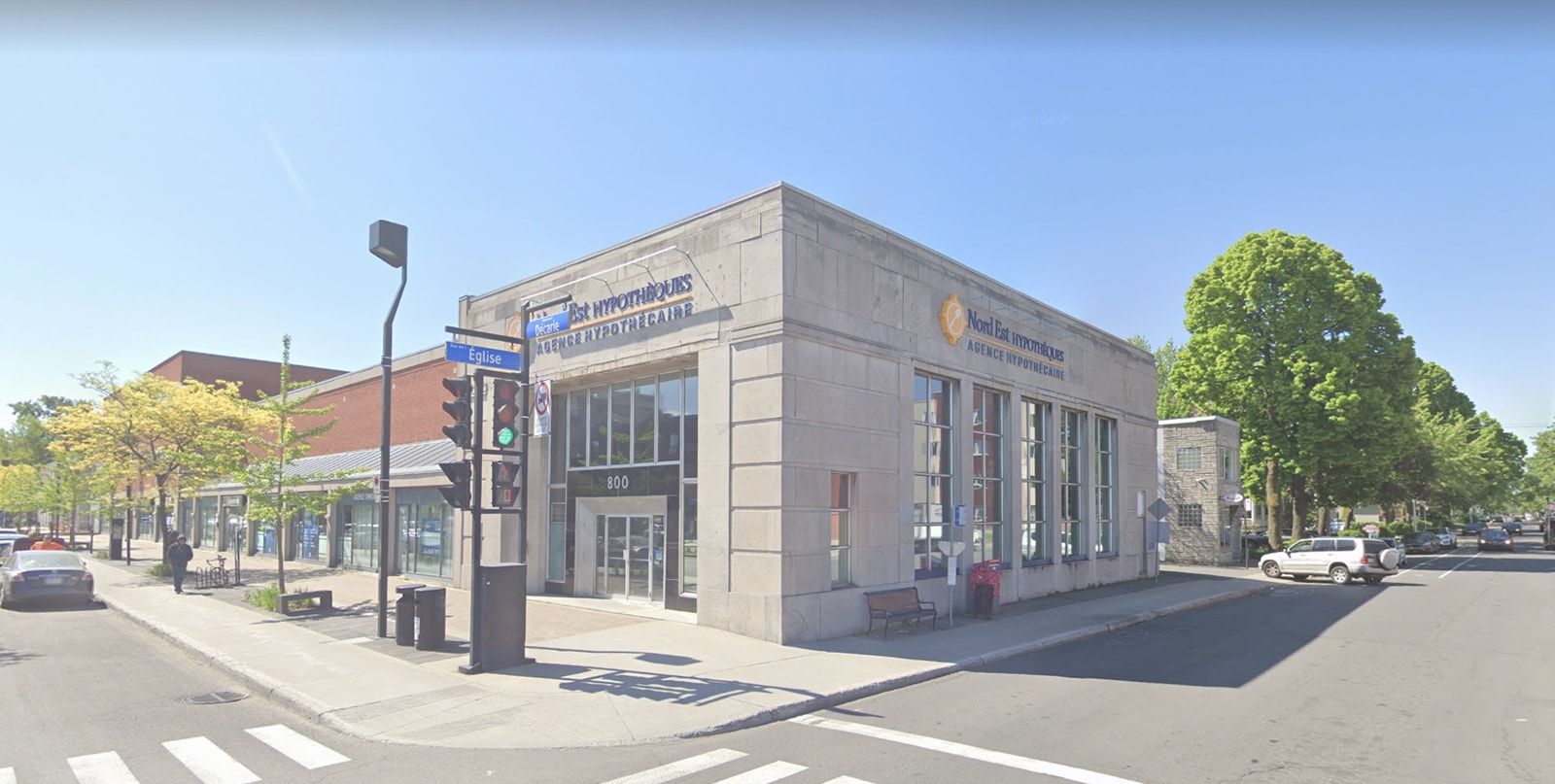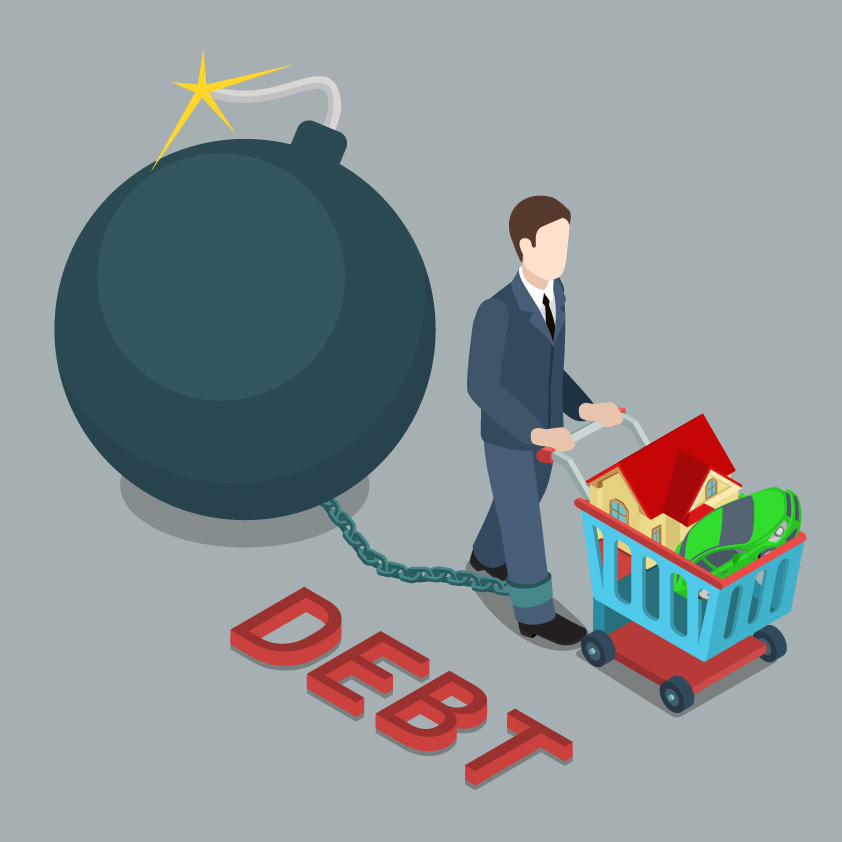Rising rates & toxic debt. Just how big is the problem and what can be done about it? This is the million dollar question or should I say the $2 Trillion question.
In the tail end of last year, Canadians amassed an astonishing $2 Trillion dollars of debt. Three-quarters of this debt come from mortgages, the rest is a combination of credit cards, loans, and lines of credit. Student and car loans make up as well a large percentage of the debt load, however, the big concern for me is the toxic debt that comes at very high rates. This includes personal lines of credit and credit cards.
In today’s economy debt is indispensable. It has become our way of life and it is a major concern for the Bank of Canada. The BoC is concerned because high debt levels make Canadians and the economy in general vulnerable to negative events. Currently, if a serious economic recession with large numbers of unemployment were to hit Canada, the general populous would not fair well, it could potentially put us in a tailspin that would translate to major job losses and high levels of default in all areas of the economy.
So how big is this problem? Well, $2 Trillion is a big number but lets put it in perspective. The way we measure household debt is to compare it to disposable income Canadians have. Currently, household debt is at 170% of disposable income. This means that we, as Canadians, are spending $1.70 for every dollar we earn after taxes. This is a record. Twenty years ago, we spent only 100% of our incomes. Rising home prices and inflation have obviously played a major role in this, as well as the lack of financial education in our schooling system and our reliance on advice from those whose business is to keep us in debt, such as big banks and credit unions.
If we look at other countries with economies such as our own, we are at par with the level of indebtedness. However, they all have much more sophisticated banking systems that allow for homeowners to refinance toxic debt into lower interest mortgages, as well, they allow you to carry mortgage balances indefinitely. This means you can get away with paying interest only on your debt and rolling the principal balance of this debt to future generations. This might seem counterproductive but in many ways, it helps the people build wealth by allowing them to save rather than paying debt. Further to this, tax rates and household incomes are much higher than that of the average Canadian.
So what do we do about all of this?
I started my career in 1999 working for Investors Group. Back then, my focus was making sure my clients were building for retirement and creating tax strategies that maximized the disposable income that households had. The challenge that I make to all who read this is to focus money and resources on areas that would make the most amount of sense. Canadians need to start looking at building Net Worth rather than looking at how much money they earn. When we talk about Bill Gates, we do not say he earns X amount of dollars per year, we say his net worth is $90.8 Billion USD. We need to teach our children and our grandchildren a simple mathematical formula that when it is understood will change lives. NET WORTH = ASSETS – LIABILITIES. If we understood the correlation between liabilities and assets, our lives would forever be changed.
When I built my fortune I had one singular concern: amass assets. My secondary concern was having my assets acquire more assets. Once that was done and only once that was done, I had my fruits pay my liabilities passively. By doing this, it gave me the latitude to build my companies and to develop new streams of revenue that compensate for any issues that might occur in the economy. The first property I purchased when I was 24 years old was a 4-unit building in the least trendy part of town. That asset paid for me to live and yielded me a profit that paid for my lifestyle. Passive cash flow was king for me and it got me through some very rough patches in my life.
Most people will rely so heavily on paying off debt, that in the end, all that they will have is a net worth of $0 because they will have no money owing, but at the same time, they will have no money built up in the assets column. In this way of thinking, the inevitable will occur. You see, life does not stand still and things happen. When an emergency comes up the person that has focused solely on paying off debt and not building assets will have to go back to relying on credit cards and loans to get them through the rough patch. It is a terrible way to live and it is what has caused this systemic and malignant debt crisis that Canadians are living today.
Most want to keep up with the Joneses, whereby we are not interested in cash flow from our assets, but rather we are more concerned about having a new fancy car or getting the latest fashions. Unfortunately, this way of thinking is making the banks richer and the people poorer. When are you going to decide to take control of your life and assets? As the saying goes: “What you focus on expands”, so let us all focus on what we want rather than what we don’t want.
If you have any questions or comments, I can always be reached at (514) 680-4674.



